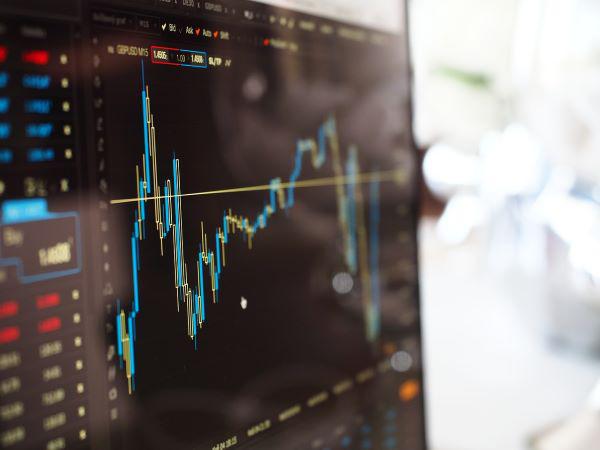In case you missed it see what’s in this section
Let's Talk
What is the Difference Between Stocks, Futures, and Options?

With so many stories of people who have been hugely successful in the field, it's no wonder why asset trading appeals to so many. Whether you're intrigued by the idea of owning a piece of your favourite company, making predictions about future market changes, or exploring trading strategies, trading can be attractive.
However, it can often be tricky to know where you should start. Trading is a complex world and carries financial risk. There are various different types of assets that can be traded, with three of the most common being stocks, futures, and options. This article will describe each of these trading instruments, their unique characteristics, and their benefits.
Futures explained
Futures are contracts that let the owner bet on the future price of various assets, such as commodities or indices. When buying futures, you predict whether the price of an asset will rise or fall. One notable example is ES futures, which are tied to the S&P 500 index, a collection of the 500 largest publicly traded companies in the US. The index is used as a general marker of the performance of the US stock market and the value of the dollar.
ES futures trading essentially involves making a wager on the upcoming direction of the index's value. Apart from potentially profiting from price fluctuations, futures can be used as risk management tools for traders and businesses, allowing them to hedge against market uncertainties and avoid serious financial losses.
Stocks explained
Stocks are like pieces of ownership in companies. When you buy a stock, you become a shareholder of that company, which grants you certain rights, like having a say in the company's decisions and potential profits. If the company does well and makes more money, the value of your stock might rise. This could allow you to sell your stock later at a higher price, making a profit.
However, if the company struggles, the stock's value might drop, and you could face losses. Stocks offer both the chance for growth and the risk of fluctuation. People have made — and lost — billions from stock trading over the decades. Many people even refer to stock trading as a form of gambling.
Options explained

Options are contracts that give you the choice — but not the obligation — to buy or sell an asset at a predetermined price on or before a specific date. Imagine it as a special offer that lets you decide if you want to go ahead with a deal in the future. For example, “call options” let you buy an asset, while “put options” let you sell it.
Like futures, options can be used to speculate on price movements, generate income, or protect investments from unexpected shifts. They offer traders a way to navigate the complexities of financial markets with calculated strategies.
Should you buy stocks, futures, or options?
Deciding whether to invest in stocks, futures, or options depends on your financial goals, risk tolerance, and understanding of each instrument. There's no universal answer, as each choice has its own opportunities and hazards.
Stocks provide ownership in companies and potential long-term growth, while futures enable speculation on price trends and the chance to profit in various scenarios. Options have a flexibility that can enable strategies to capitalize on market developments.
The bottom line
Remember, there's no one-size-fits-all solution, so careful consideration is needed. Professional guidance can also help you to make informed decisions that match your individual circumstances. It's vital to educate yourself on the details of each choice and align them with your investment objectives. You should also be aware that there is always some risk when investing in financial instruments of any kind.
Weather in Swindon
Listings





















